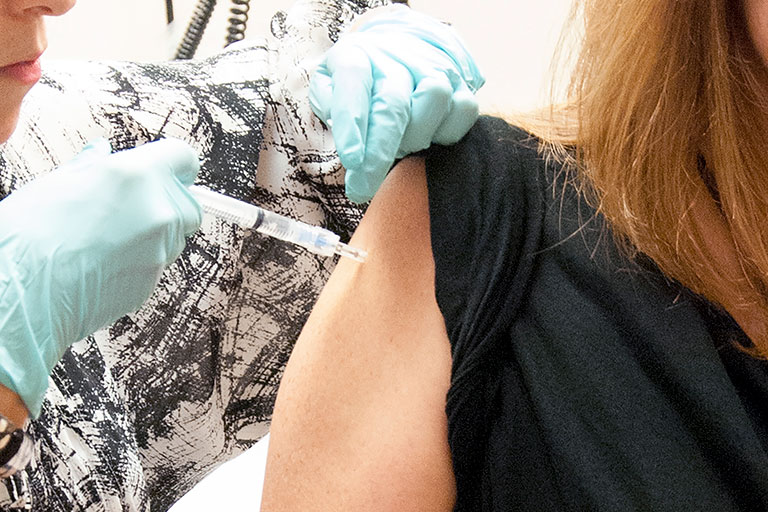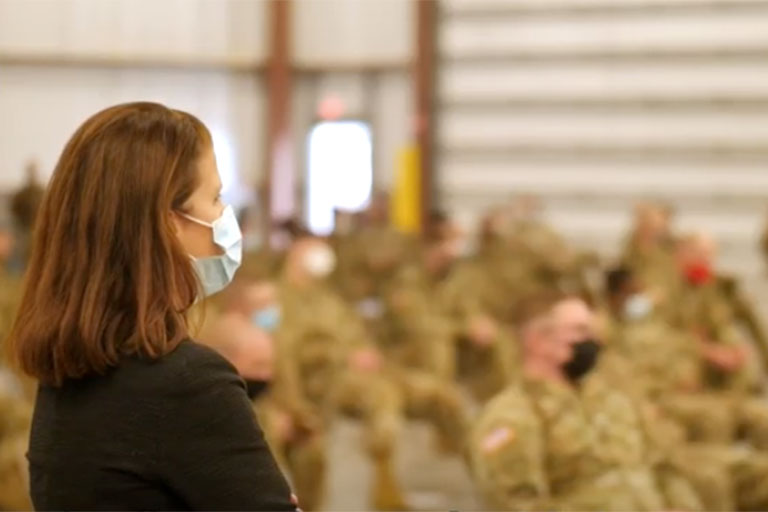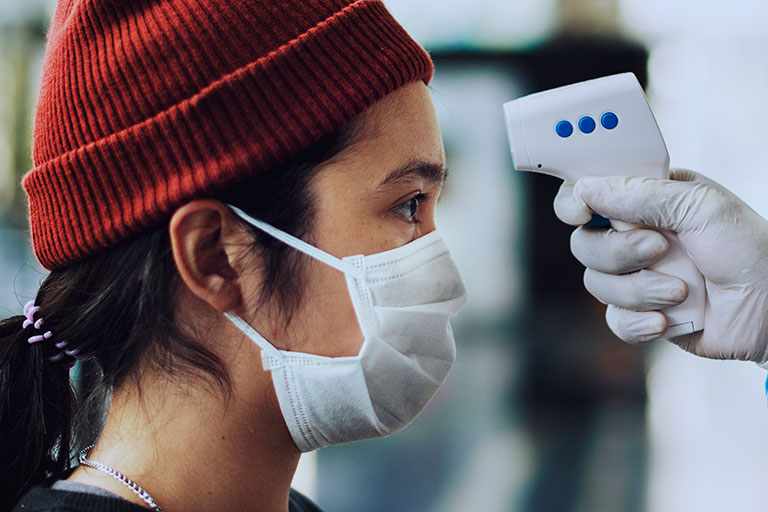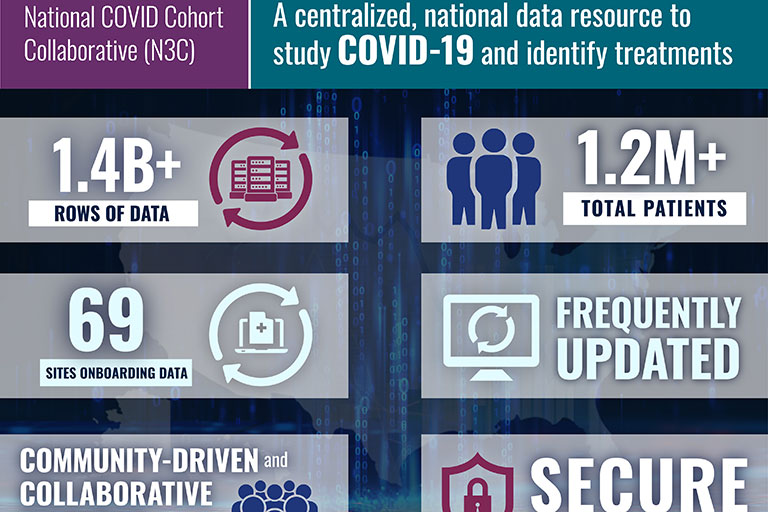When we launched this email update in April, we did so urgently, wanting to share crucial information about the wide range of important and useful work being carried out by IU faculty to address the COVID-19 pandemic.
As 2020 nears its close, the pandemic has become a fact of our lives, and some 900,000 emails later, this newsletter has built a regular readership. The time seems right to transition this newsletter to cover not only work related to the pandemic and COVID-19, but also the breadth of IU's diverse research enterprise.
After today's newsletter, we'll be taking a break until early February 2021. We'll return then with a new version of IU Research Impact including stories about IU's myriad research and creative activities. In the meantime, please watch your email for news of the release of IU's 2019-20 Annual Report, which sums up the remarkable activities of IU faculty, scholars, artists, and researchers in a year like no other.
Thanks for reading, and see you next year!







